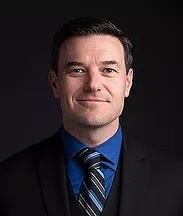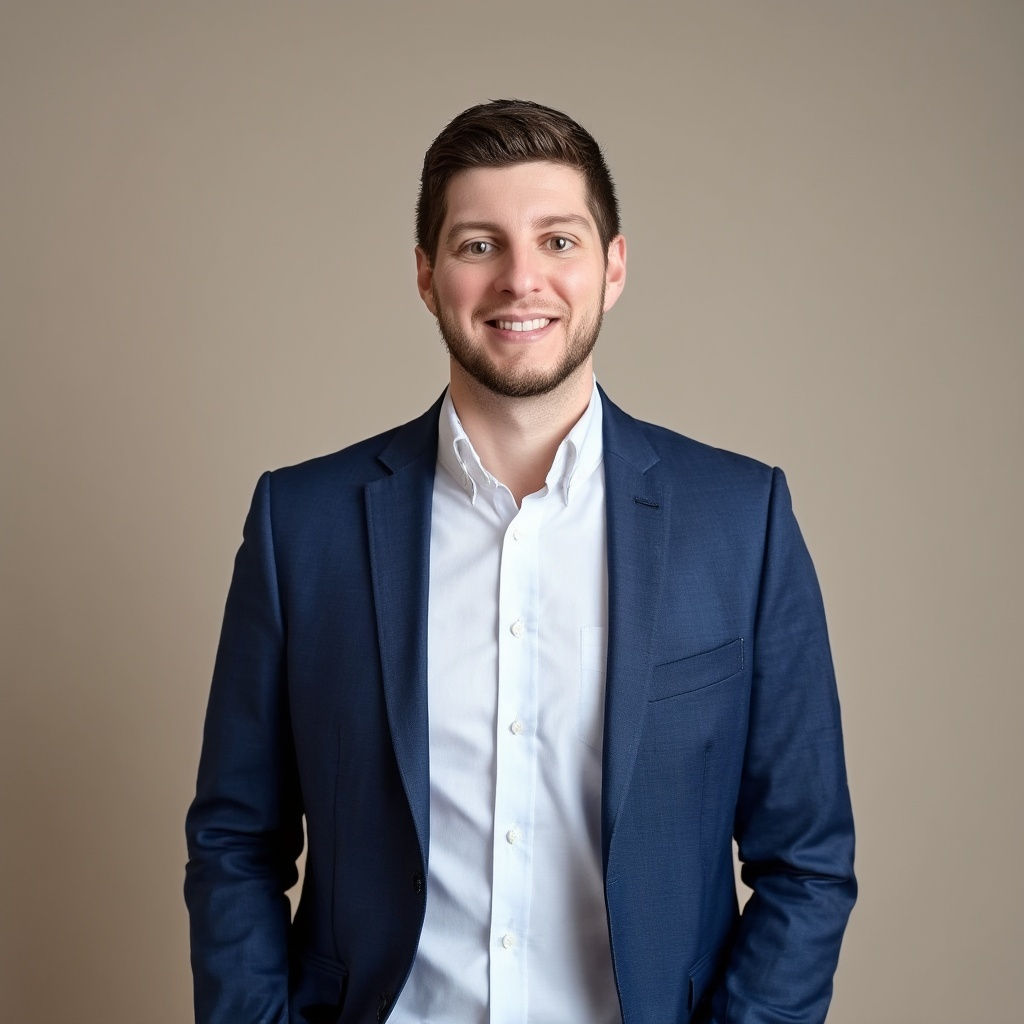About
The Center for Psychological Humanities & Ethics
A collaboration among Boston College’s Woods College of Advancing Studies, Lynch School of Education and Human Development, and the Morrissey College of Arts and Sciences, the Center fosters vital conversations between the psychological sciences and disciplines such as philosophy, theology, sociology, history, literature, the arts, and political studies. The emphasis of these dialogues is on the enduring ethical questions at the heart of human existence. With a goal of enriching theory and practice, the Center organizes and develops international conferences, runs the Psychological Humanities & Ethics lecture series, offers credit-bearing continuing education courses and practitioner-oriented professional development, oversees grant-funded projects and initiatives, develops curricula, and disseminates research through its two book series with Routledge/Taylor Francis and various academic and popular outlets. All of these activities are oriented toward exploring the rich reflections that emerge from the interplay between psychology and the humanities.
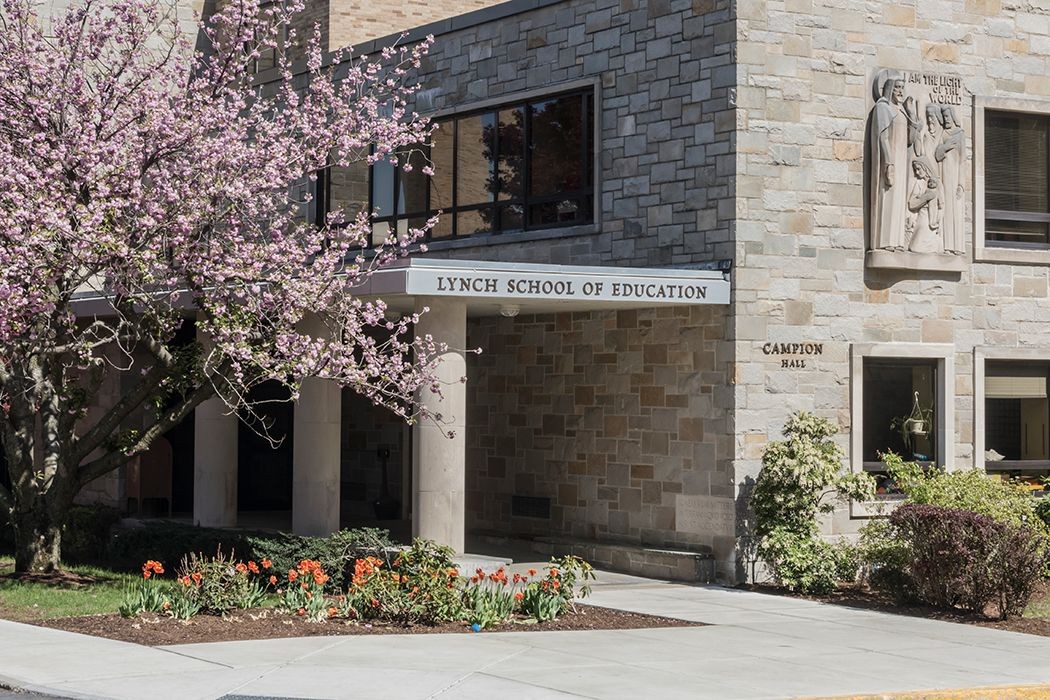
Mission
If psychology, which constitutes one of the largest areas of study in the modern university, is to reach its full potential as a means of not only informing our understanding of the human condition but also aiding in the development of the ethical and spiritual dimensions of character, then psychological education and training must be broadened to include more humanistic approaches to identity and personhood. Over the past century, the empirical and naturalistic side of psychology has risen in prominence and yielded major advances. Unfortunately, it has often done so by undervaluing and thus neglecting the humanistic and ethical dimensions of human life. With the generous support of Boston College, the Center for Psychological Humanities & Ethics hopes to stand at the forefront of this reimagining the discipline of psychology, opening its borders to other fields of knowing.
Located in the Woods College of Advancing Studies, the Center acts as a home for interdisciplinary engagement that seeks to enrich theory and practice related to human experience. It seeks to cultivate and nourish a significant international network of scholars and practitioners that assists in marshaling global resources and academic and clinical training opportunities. From its internal, institutional bridge-building across various disciplines to its outwardly-facing conferences and scholarship, the Center brings an ethically-infused foundation to academic inquiry, clinical sensibilities, curriculum development, and scholarly output.
History

The story of the Psychology & the Other Conference provides a useful context as a precursor to and foundation for the Center. With a small group of invested undergraduate students and several dedicated faculty, the first Psychology & the Other Conference took place in 2011. Driven by a shared passion to challenge some of the insularity of our concepts and creatively invite the possibility of more ethically dynamic means of understanding persons and health, this group found in the idea of the Other an important vehicle for bringing into meaningful dialogue disciplines and fields of inquiry within psychology that share something of a common purpose.
It was precisely with this dialogue in mind that in October 2011, the first Psychology & the Other Conference was convened in Cambridge, Massachusetts. Attended by some 300 clinicians, academic psychologists, philosophers, theologians, historians, poets, anthropologists, and cultural theorists, this conference served to bring together (under a single intellectual roof) perspectives that had heretofore been largely isolated from one another. In a very real sense, it therefore served to inaugurate, within psychology, a multi-disciplinary space for exploring this comparatively new set of ideas. One of the distinctive features of the conference is the intentional pairing of plenary speakers with persons from wholly other disciplines to create a type of catalytic engagement that upsets the insularity and jargon-laden fixtures that often come to determine the currency of exchange at discipline-specific conferences. The conference proved successful, due to both the outstanding scholars involved and the spirit of shared enterprise.
A little over a decade later, this interdisciplinary venture has expanded significantly in scope and activity. Hosting various lectures and public events, organizing publications and running its own book series, providing trainings, workshops, and continuing education offerings, the Psychology & the Other network has broadened to include over 20,000 academics, clinicians, and practitioners on its listserv – a vibrant and growing community. With the backing of Boston College’s administration, the Conference was officially transformed into the Psychological Humanities & Ethics initiative in June of 2021, with an eye to developing a Center in the years to come. And, just over a year later, that promise was realized with the announcement that the Center for Psychological Humanities & Ethics would officially launch at the 7th convening of the Psychology & the Other Conference in October 2023.
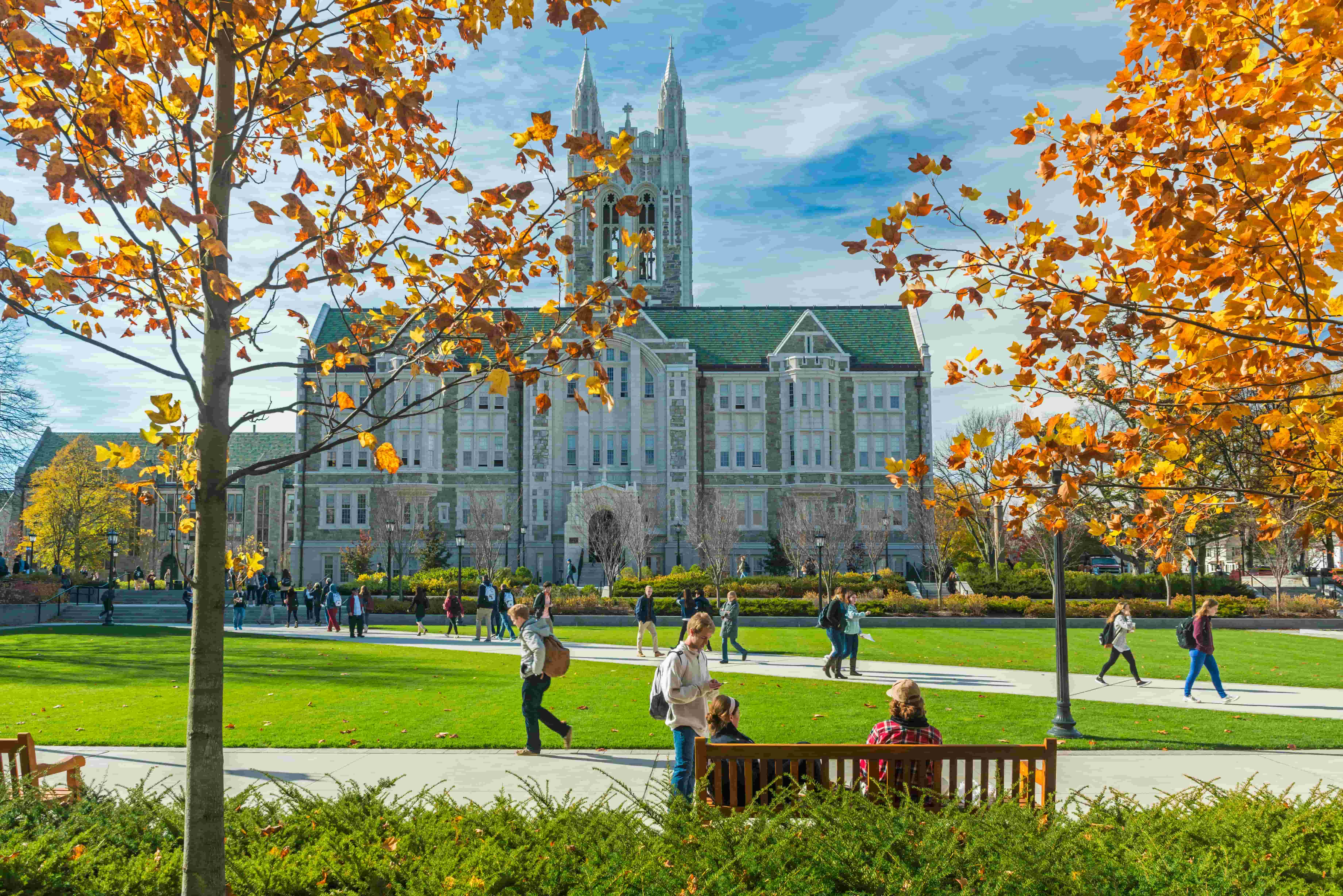

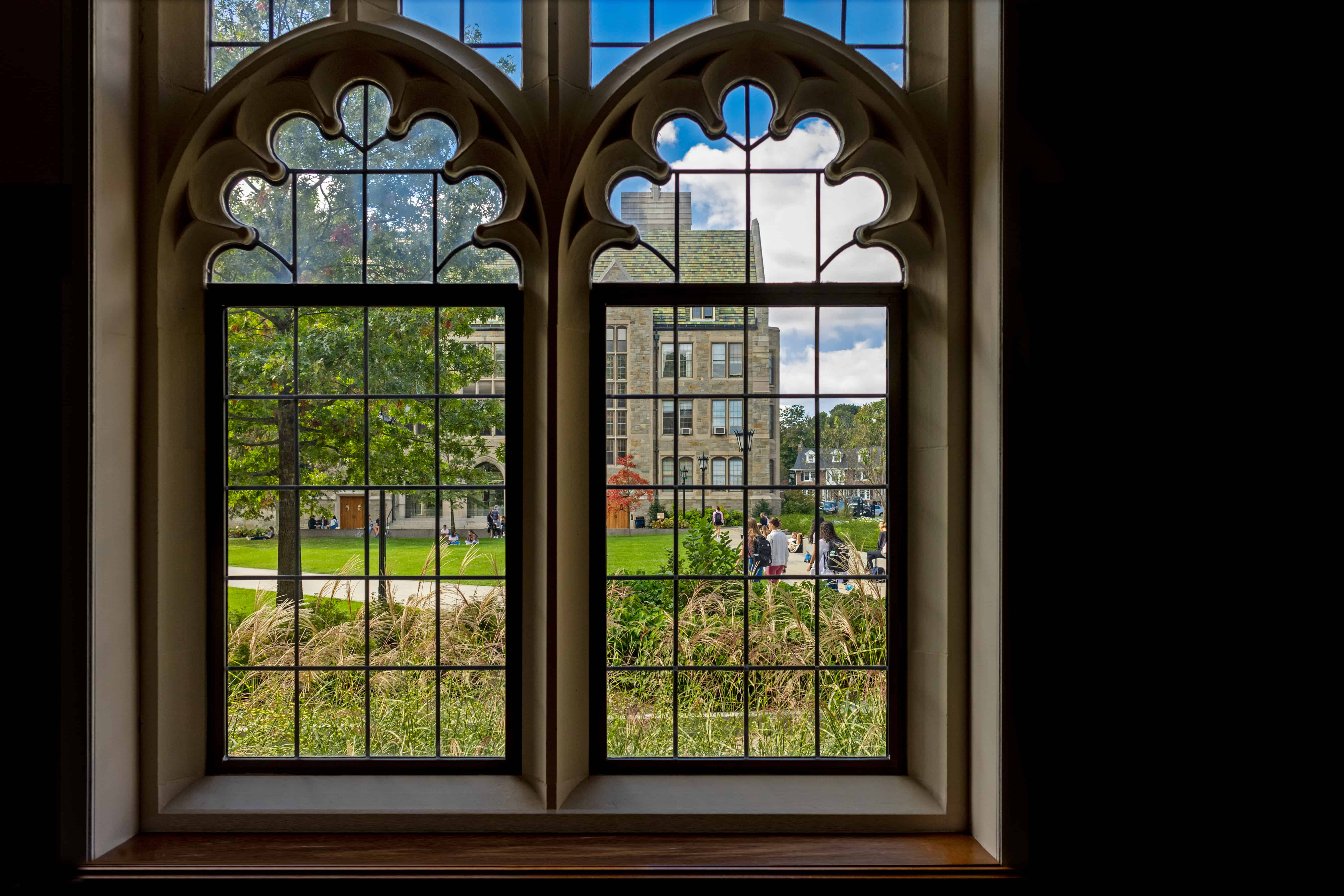
Core Team
We are a group of interdisciplinary scholars, researchers, and practitioners who are dedicated to revitalizing philosophical, theological, and psychosocial traditions in psychology in order to augment our moral vocabulary for understanding clinical work within the context of a higher ethical calling.
David Goodman is Dean of the Woods College of Advancing Studies, the Executive Director of the Center for Psychological Humanities and Ethics, and serves on the faculty in three Boston College departments: Counseling, Developmental, and Educational Psychology, Philosophy, and Formative Education. Dr. Goodman has written over a dozen articles on continental philosophy, Jewish thought, social justice, and psychotherapy. Dr. Goodman currently serves as the Series Editor for the Psychology and the Other Book Series with Routledge. He has authored and edited over a dozen books including The Demanded Self: Levinasian Ethics and Identity in Psychology (with Duquesne University Press, 2012) and Psychology and the Other (with Mark Freeman and Oxford University Press, 2015). Dr. Goodman is also a licensed clinical psychologist and has a private practice in Boston, MA.
Matthew Clemente is the Director of Research & Curriculum at Center for Psychological Humanities & Ethics and an Assistant Professor of the Practice in the Department of Formative Education at Boston College. He is the Coeditor in Chief of the Journal for Continental Philosophy of Religion and the Codirector of the Guestbook Project, a 501c3 non-profit. He is the Series Editor of two book series with Routledge/Taylor & Francis and has authored or edited over a dozen books.
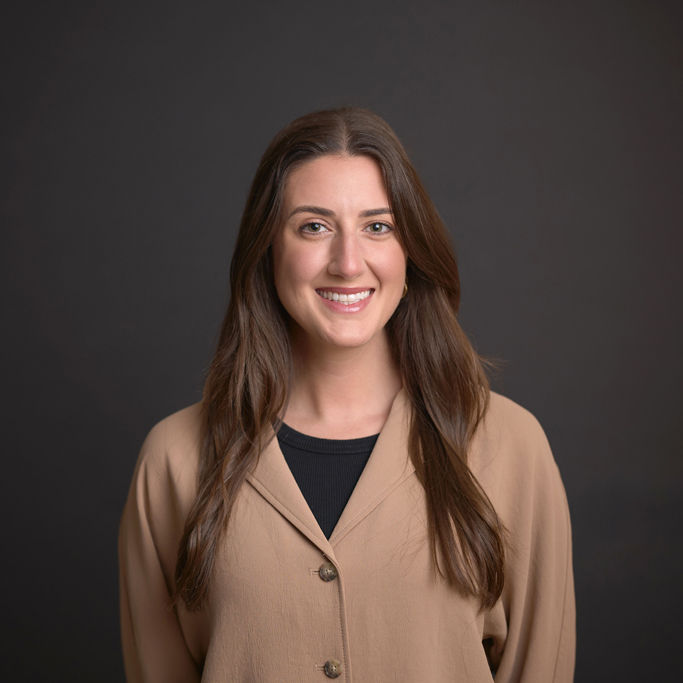
Sofia Rietti
Project Administrator
Sofia is the Project Administrator at Boston College's Center for Psychological Humanities & Ethics and a Master's candidate in Mental Health Counseling. She has contributed to Psychology and the Other conferences, including the inaugural international event in London. Sofia co-edited a special issue for Studies in Gender & Sexuality and co-authored Making Sense of Being and Transforming: Introduction to the Psychology and the Other Special Issue. Currently gaining clinical experience at Bournewood Health Systems, she supports LGBTQ+ communities facing co-occurring mental health challenges. Her research interests are reproductive and maternal mental health and the mind-body connection. Looking ahead, Sofia is considering future plans in private practice or further academic pursuits.


